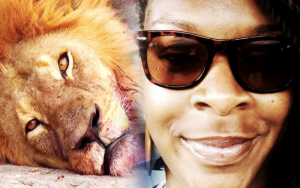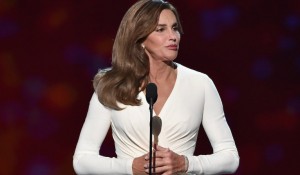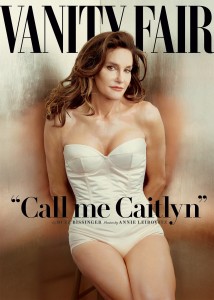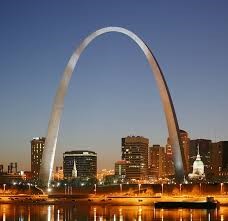 When we think of things that we encourage children to be when they grow up, “prostitute” is not typically on the short list, needless to say. In fact, when I talk with my students about the social stigmas regarding sex, several of them not infrequently remark that telling their parents that they have committed murder would be more desirable than admitting to sex work.
When we think of things that we encourage children to be when they grow up, “prostitute” is not typically on the short list, needless to say. In fact, when I talk with my students about the social stigmas regarding sex, several of them not infrequently remark that telling their parents that they have committed murder would be more desirable than admitting to sex work.
While there are a multitude of different conversations that would be necessary to explore why we are so quick to demonize sex workers but simultaneously worship others who sell their sexuality (supermodels, anyone?), I am interested in thinking through the social story we tell that permits us to so easily separate and compartmentalize people when the topic of sex is at stake. Continue reading “The Unspeakable Profession: Sex Work, Silence, and Social Narratives”

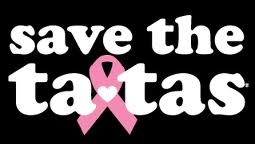
 As a parent, I feel that I am constantly thinking about what can harm my children. I remind them to make eye contact with stopped cars as they walk across busy intersections, to take small bites and chew their food slowly as they eat, to not tip back in their chairs at the table, and so on. But I must admit that there is something unusually arresting about hearing my children talk about the “code red” drills that occur at their elementary school. This is the term that the school uses to cue the children and staff to start a series of behaviors that are supposed to provide protection if an “active shooter” ever comes (which boils down to lights out, hide, and lock the doors). Hearing about this is not only terribly frightening, but it is also indicative of a very intriguing sort of way that we present reality to one another.
As a parent, I feel that I am constantly thinking about what can harm my children. I remind them to make eye contact with stopped cars as they walk across busy intersections, to take small bites and chew their food slowly as they eat, to not tip back in their chairs at the table, and so on. But I must admit that there is something unusually arresting about hearing my children talk about the “code red” drills that occur at their elementary school. This is the term that the school uses to cue the children and staff to start a series of behaviors that are supposed to provide protection if an “active shooter” ever comes (which boils down to lights out, hide, and lock the doors). Hearing about this is not only terribly frightening, but it is also indicative of a very intriguing sort of way that we present reality to one another. 
